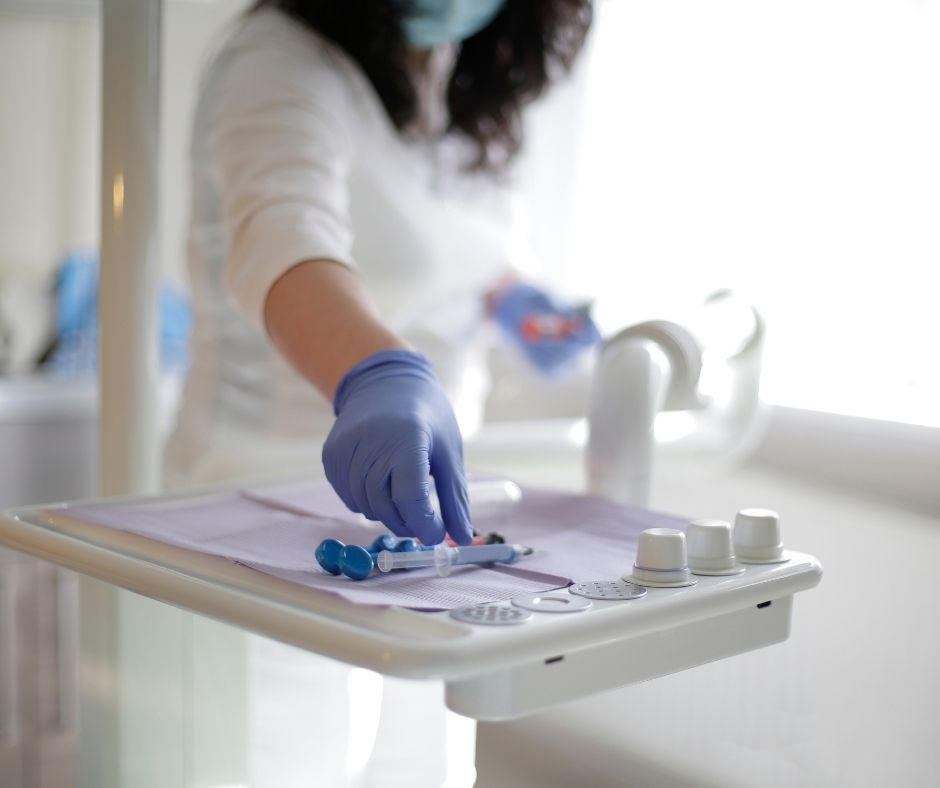Thalia Kostopoulou DDS, MSc, Healthcare Mentor
Recent studies have shown that dentists nowadays are subject to a host of stress-related physical and emotional issues.
These extremely worrying issues include cardiovascular disease, ulcers, colitis, hypertension, back pain, eye fatigue, personal relationship problems, alcoholism, substance abuse, depression and suicidal tendencies.
Studies and statistics
* Suicide attempt rates among dentists are twice the general polulation’s rate and almost three times higher than those of other health professionals.
* Mental illness is the tenth most frequent health issue in the general population; among dentists is the third.
* Coronary heart disease and high blood pressure account for 25% of the most prevalent diseases in dentists, as opposed to the general population.
* Dentists suffer from psychoneurotic disorders at a rate of two and a half higher than other health experts.
* Stress-related cardiovascular disease is the most deadly disease among dentists.
Main causes of stress
Scientific evidence points to the fact that our profession is prone to many diseases. Let’s find out what causes stress in our practice and try to find the solution.
Orthodontist, lecturer at the University of Toronto, and former president of the Ontario Orthodontic Association Dr Randy Lang cites the following as causes of stress in dentists’ everyday lives:
Restriction
The average dentist spends most of their life in a confimed, sometimes unlit practice. No matter the space available, it remains a confinement.
The dentist’s work is complicated, meticulous and being carried out in a static and anatomically uncomfortable manner that restricts proper blood circulation in the body. This results in back pain, circulatory disorders, or swollen limbs. This is the reason most dentists feel so exhausted at the end of any given workday.
Isolation
Most dentists practise their profession on their own. Most dentists practise their profession on their own. As a consequence, they are rarely given the opportunity to share and solve problems with their peers, as other professionals do. This issue is likely exacerbated by the fact that dentists tend to exhibit competitive tendencies towards colleagues due to the surplus of dental school graduates.
Stress of perfection
Η τελειομανία είναι μέρος του ψυχολογικού προφίλ των οδοντιάτρων. Καλλιεργείται ήδη από τις σχολές.
Perfectionism is part of the psychological profile of dentists. It is a trait cultivated in university. In reality though, despite the dentist’s best efforts at advice, admonition, and rehabilitation, there will be instances of imperfection, only to be worsened by the patient’s negligence.
Financial pressure
Opening a fully equipped with state of the art tools and machines clinic requires a large capital, and that’s without even adding the cost of studies. Such a situation brings to the surface feelings of uncertainty and insecurity. From day one, dentists nowadays consider rest a luxury, resulting in serious health hazards, most notably fatigue and emotional/psychological collapse.
Time pressure
An integral part of the dentist’s daily routine is the constant effort to keep appointments according to schedule. In combination with frequent and unavoidable delays and emergencies, this is one of the main sources of dentists’ performance stress.
Compromises in the treatment plan
Compromises in the treatment plan forced by objective or subjective difficulties on part of the patients are a source of frustration and self-denial for every doctor who aims to provide their services to the best of their abilities.
Patient stress
The daily pressure of managing fearful and anxious patients can prove to be devastating for the dentist. Dentists’ elevated heart rate and high blood pressure are closely related to their patients’ emotional stress.
The dentist’s personality
Research shows that dentists share certain common psychological traits. The following are some of these:
- Perfectionism and focus on detail.
- High emotion control.
- High sense of responsibility.
- Self-imposed excessive demands.
- Competitiveness among peers, hence limited communication.
These personality traits exacerbate stress and anxiety issues in the dentist’s everyday life, with detrimental effects on their physical and mental health.
Stress management
As is the case in every profession, the quest for complete elimination of stress is meaningless. There are, however, ways to manage it and make a harmonious living through our profession, reducing the physical and emotional problems it causes.
According to Dr Randy Lang, the key to successful stress management is to first recognise the onset of stress and then understand its roots. Once the causes are identified and understood, we can take the preventative measures necessary.
- Improve your practice environment.
- Socialize and communicate with your peers.
- Make sure you take a break each day.
- At least once a year, find time even for a short holiday.
- Learn how to better manage your patients’ anxiety and aggression.
- Make time in your weekly schedule for physical activities, such as taking walks to favourite places, running or for your favourite sport.
- Practice self-love and care! Be kind to yourself, less critical and certainly less demanding.
The inclusion of stress management courses in dental schools’ curriculum would be greatly beneficial.
As dentists, we spend a great portion of our time attending to our patients’ health needs. It is only fair we invest on our own health as well.
To quote Dr Lang: “If 99% of dental courses are now devoted to the patient’s health, couldn’t just 1% be devoted to the future health of the dentist?” Makes perfect sense….
Dr Randy Lang is an orthodontist, lecturer at the University of Toronto and past president of the Ontario Orthodontic Association.
Source : https://www.oralhealthgroup.com/features/stress-in-dentistry-it-could-kill-you/

